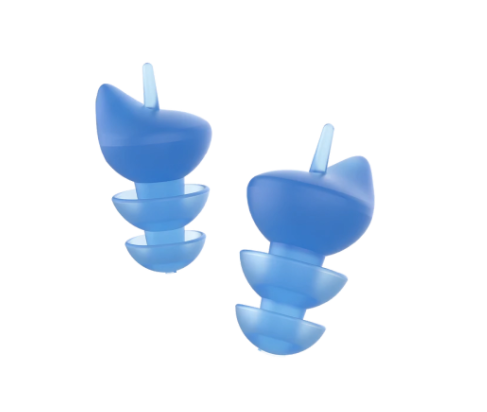When it comes to upgrading your home or business, choosing the right window and door suppliers can make all the difference. Windows and doors not only impact your property’s energy efficiency but also its security, curb appeal, and long-term value. With the building products industry evolving rapidly in 2025, homeowners and contractors alike need to know what to look for before selecting a window and door supplier. This guide highlights the most important factors to consider to ensure you make the best investment.
Why the Right Supplier Matters
The window and door market is highly competitive, but not all suppliers are equal. Working with a trusted supplier means you get access to products that meet safety codes, offer better insulation, and are backed by warranties. In contrast, the wrong supplier could lead to poor installation experiences, costly repairs, and products that do not last. A reliable supplier is not just a vendor; they are a partner in ensuring the success of your home improvement or construction project.
Industry Trends in 2025
In 2025, the demand for sustainable and smart products is shaping the industry. Many window and door suppliers are focusing on energy-efficient designs, such as double- or triple-glazed glass, insulated frames, and products compliant with Energy Star standards. Additionally, smart-home compatibility is on the rise, with doors and windows now featuring automated locks, UV protection coatings, and sensors for security.
Supply chain resilience is also a major trend. Suppliers who maintain strong logistics networks and domestic manufacturing partnerships are better positioned to deliver products on time, even during global disruptions. Customers are increasingly favoring suppliers who can guarantee both quality and reliable delivery schedules.
Factors to Consider When Choosing a Supplier
Product Quality and Variety
The first criterion when evaluating window and door suppliers is the quality of their products. Ask about the materials used, such as vinyl, aluminum, fiberglass, or wood, and compare their durability, maintenance needs, and lifespan. A good supplier should also offer a wide range of styles—casement windows, sliding windows, French doors, and entry doors—so you can match the design to your property.
Energy Efficiency
Energy efficiency is no longer optional. With rising energy costs and stricter environmental regulations, it is crucial to choose suppliers that provide certified energy-efficient products. Look for double-glazing, Low-E glass coatings, and insulated frames. Reputable suppliers should be able to provide thermal performance data (such as U-values and SHGC ratings) to demonstrate efficiency.
Certifications and Compliance
The best suppliers hold certifications from recognized industry organizations. For instance, products that meet the National Fenestration Rating Council (NFRC) and Energy Star requirements are more trustworthy. Compliance with local building codes and safety standards is also essential to avoid future legal or renovation issues.
Reputation and Reviews
In 2025, online reviews and digital presence are more important than ever. Before committing, research a supplier’s reputation through customer testimonials, trade association memberships, and case studies. Suppliers with strong reputations often highlight successful projects and client feedback on their websites. Word-of-mouth referrals and contractor recommendations can also guide your decision.
Customer Support and Warranties
Suppliers should stand behind their products with clear warranties. A warranty not only protects your investment but also demonstrates the supplier’s confidence in their offerings. Additionally, consider the level of customer service. Do they provide installation support, maintenance guidance, or after-sales service? A supplier who offers ongoing support is preferable to one that disappears after delivery.
Pricing Transparency
While price is always a factor, the cheapest option is not always the best. Reliable window and door suppliers provide clear, detailed quotes without hidden costs. Transparent pricing ensures you know exactly what you are paying for—product, installation, and delivery. Compare quotes from multiple suppliers to balance affordability with long-term value.
Questions to Ask Before Choosing a Supplier
To ensure you are making the right decision, here are some questions to ask suppliers:
- What materials and brands do you carry, and what are their warranties?
- Do you offer custom sizes or designs?
- How long is the lead time for orders?
- Can you provide energy performance ratings for your products?
- Do you offer installation services or partner with certified installers?
Suppliers who answer these questions confidently and transparently are more likely to be reliable partners.
Conclusion
Selecting the right window and door suppliers in 2025 requires careful consideration of product quality, energy efficiency, reputation, and customer service. With the rise of sustainable and smart products, suppliers who stay ahead of trends and maintain strong supply chains will deliver the most value. By asking the right questions and evaluating all aspects of a supplier’s offerings, homeowners and contractors can ensure their projects are both efficient and long-lasting. Whether you are renovating a home or managing a large-scale construction project, the right choice will protect your investment for years to come. For those seeking specialized products, finding a trusted patio sliding door supplier can further enhance both functionality and design.





